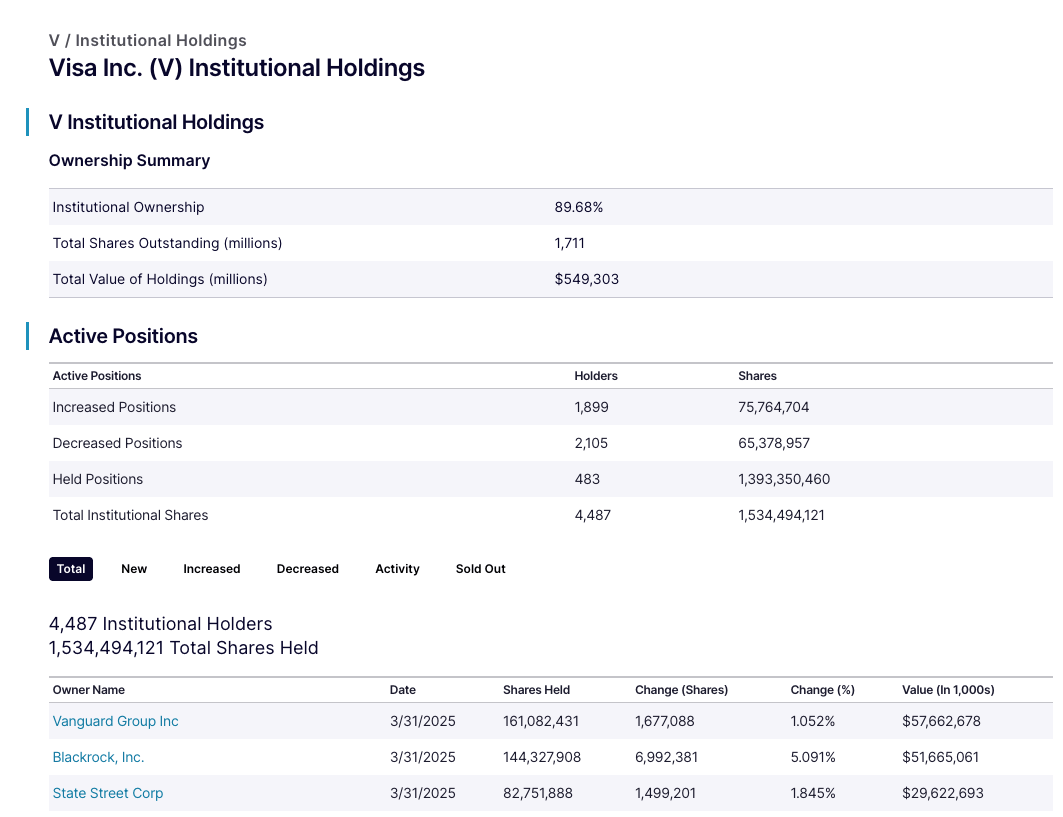Before I get into today’s email, a few quick PSAs:
First, Saturday morning coffee talks are BACK tomorrow morning at 10 AM EST. Taylor and I have been super busy, but we will return tomorrow!
Second, BioLongevity Labs is offering 40% OFF to celebrate Memorial Day.
The store is discounted 20% on all products, code hunterw gives you an additional 15%, and when you use Sezzle at checkout, you get an additional 5% off for 40% total.
Sezzle is typically the “pay in installments” option, but you can also pay everything immediately with your credit card.
Now, on to today’s email.
Honestly, I couldn’t make this stuff up if I tried.
Just when things at BioLongevity Labs were cruising smoothly—helping thousands of you access transformative peptides at fair prices—the credit card processing hammer dropped this week.
Again.
That’s right.
Our merchants, seemingly out of nowhere, thought that our humble operation posed some grand risk to their systems and abruptly halted our ability to process credit cards.
Frustrating? Absolutely.
Surprising? Not at all.
We weren’t the only ones.
I heard through the grapevine that several other peptide vendors experienced the same thing this week.
Now, you’re probably asking yourself, “Hunter, what on earth do credit card companies have against peptides?”
Let me pull back the curtain for you because the truth is even stranger—and darker—than fiction.
Follow the Money
Most people think of Visa and Mastercard as financial services companies—neutral parties simply facilitating transactions between buyers and sellers.
You swipe your card; they take a small percentage.
End of story, right?
Wrong.
You see, the three largest shareholders of Visa and Mastercard are none other than:
BlackRock
Vanguard
State Street Global Advisors

But here’s the kicker: Vanguard, BlackRock, and State Street are the 3rd, 4th, and 5th largest shareholders of Eli Lilly.

Yes, THAT Eli Lilly—the massive drug company raking in billions from overpriced medications and treatments.
Coincidence? Not a chance.
Family Business
I’ll explain how this works using a story.
Imagine you live in a small town dominated by one family—the “Lilly” family.
They own the local drug store, the gas station, and even the bank.
Their prices? Astronomical.
But they’ve got a monopoly, so residents have no choice but to pay up.
Then one day, a new drug store opens up down the road.
Let’s call it “Peptide Market.”
Peptide Market sources identical products at a fraction of the cost, selling high-quality items for fair, honest prices.
Suddenly, the Lilly family’s revenue begins to suffer.
At first, the Lillys don’t panic.
They still control the bank—the financial lifeline of every business.
Sure, they might lose some sales in their drug store, but Peptide Market uses Lilly Bank to process transactions.
Every sale still lines their pockets, even if it’s smaller than before.
But here’s the twist: The Lilly family crunches the numbers and realizes something alarming.
While their bank makes a few pennies on each Peptide Market sale, their drug store loses significantly more in potential profit.
Their drug store has massive margins—sometimes hundreds or thousands of percent markups—while the bank operates on tiny transactional margins.
The math quickly becomes clear:
Bank (Visa/Mastercard): tiny margins, pennies per transaction.
Drug Store (Eli Lilly): gigantic margins, huge profits per transaction.
The Lillys realize that letting Peptide Market operate freely is actually cannibalizing their enormous drug store profits.
Peptide Market’s affordable pricing is a direct threat to their most lucrative business.
So, what’s their logical next step?
Simple: Cut Peptide Market off at the knees.
Shut down their ability to use Lilly Bank.
Without a payment method, the affordable competition is forced to close up shop, and the Lilly family’s monopoly remains unchallenged.
That’s exactly what’s happening right now in the peptide space.
Tying it Together
When peptide companies like BioLongevity Labs sell therapeutic peptides as “research chemicals,” we can deliver life-changing products at affordable prices.
We’re talking about peptides like:
Retatrutide (GLP-3) for fat loss
Tesamorelin for fat loss and muscle gain
BPC-157 for healing
DSIP for better sleep
Eli Lilly—and other Big Pharma giants—sell many of these same molecules at exorbitant prices.
We’re talking about a markup so extreme it would make your head spin—peptides that cost them a few dollars per vial, sold to consumers (or insurance companies) for hundreds or even thousands per month.
Now, if you’re BlackRock, Vanguard, or State Street Global Advisors, and you’re looking at your massive investment portfolio, which revenue stream do you protect?
Tiny credit card margins, or enormous pharmaceutical profits?
Exactly.
It’s not even close.
So they lean on Visa and Mastercard—companies they already control—to systematically squash peptide companies like ours.
One phone call, one closed-door meeting, and boom—our credit card processing is toast.
They’re banking (quite literally) on peptide companies collapsing once they lose the ability to process transactions.
Becoming Sovereign
Fortunately, we’ve been around the block a few times.
But we do need your help—and your understanding.
If you’re someone who buys peptides regularly and doesn’t want to drain your bank account paying the absurd prices Big Pharma demands, you MUST become comfortable with alternative forms of payment.
We’re talking about:
ACH Transfers via Plaid: Safe, secure, and bank-account based.
Cryptocurrencies: Completely outside traditional banking controls.
Services like Sezzle: A payment gateway offering financing options without traditional credit card processors.
Make no mistake, Big Pharma won’t stop here.
They have billions to lose and an incentive to squash affordable peptide access.
Why This Matters to You
This is about control.
It’s about who decides how you access your health and wellness solutions.
It’s about whether you have the freedom to seek affordable, innovative health solutions or if you’re locked into Big Pharma’s overpriced system.
At BioLongevity Labs, we’ll continue finding innovative solutions to ensure you always have access to the peptides you rely on.
But it takes a team effort.
So the next time you make a purchase from BioLongevity Labs or any other respected peptide vendor dealing with the same issues, consider stepping outside the credit card monopoly.
Protect your health, your wallet, and your freedom.
Because ultimately, the choice is yours: Will you let giant corporations dictate your health decisions, or will you choose a path of independence, freedom, and affordable access?
Best,
Hunter Williams
